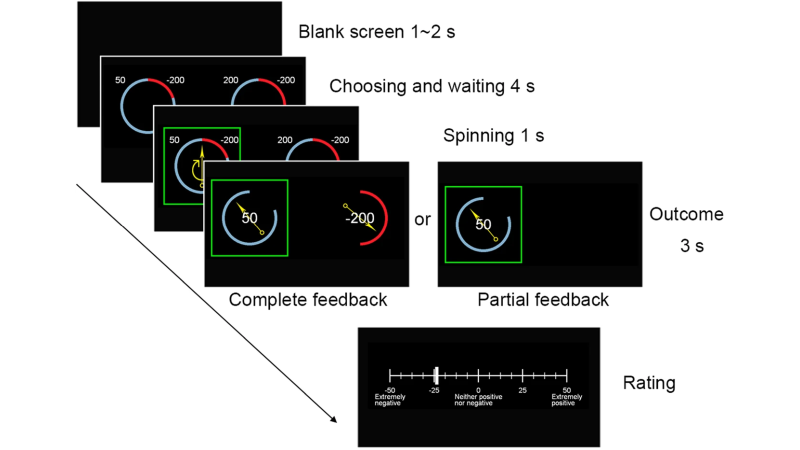Parsing cultural impacts on regret and risk in Iran, China and the United Kingdom
Li Li, Shiro Kumano (equally contributed first author), Anita Keshmirian, Bahador Bahrami, Jian Li & Nicholas D. Wright
Scientific Reports, Vol. 8, 13862, 2018.
Value-based choices are influenced both by powerful counterfactuals, such as regret, and also by risk in potential outcomes. Culture can profoundly affect how humans perceive and act in the world, but it remains unknown how regret in value-based choice and key aspects of risk-taking may differ between cultures. Here our computational approach provides precise and independent metrics, grounded in extensive neurobiological evidence, for the influences of risk and regret on choice. We test for commonalities and differences across three diverse cultures: Iran, China and the UK. Including Iran matters because cross-cultural work on value-based choice is lacking for this key 21st Century culture, and also because patterns across the three cultures arbitrates between explanations for differences. We find commonalities, with regret influencing choice across cultures and no consistent cultural difference seen. However, for risk, unlike in both Chinese and Westerners’ choices, Iranians are risk-seeking – findings consistent across two task variants and further explained by Iranians showing less subjective impact of negative, but not positive, outcomes of risky choices. Our computational approach dissects cultural impacts on two key neurobiologically-grounded quantities in value-based choice, showing that neuroscientific accounts cannot a priori isolate such quantities from culture in the cognitive processes underlying choice.
